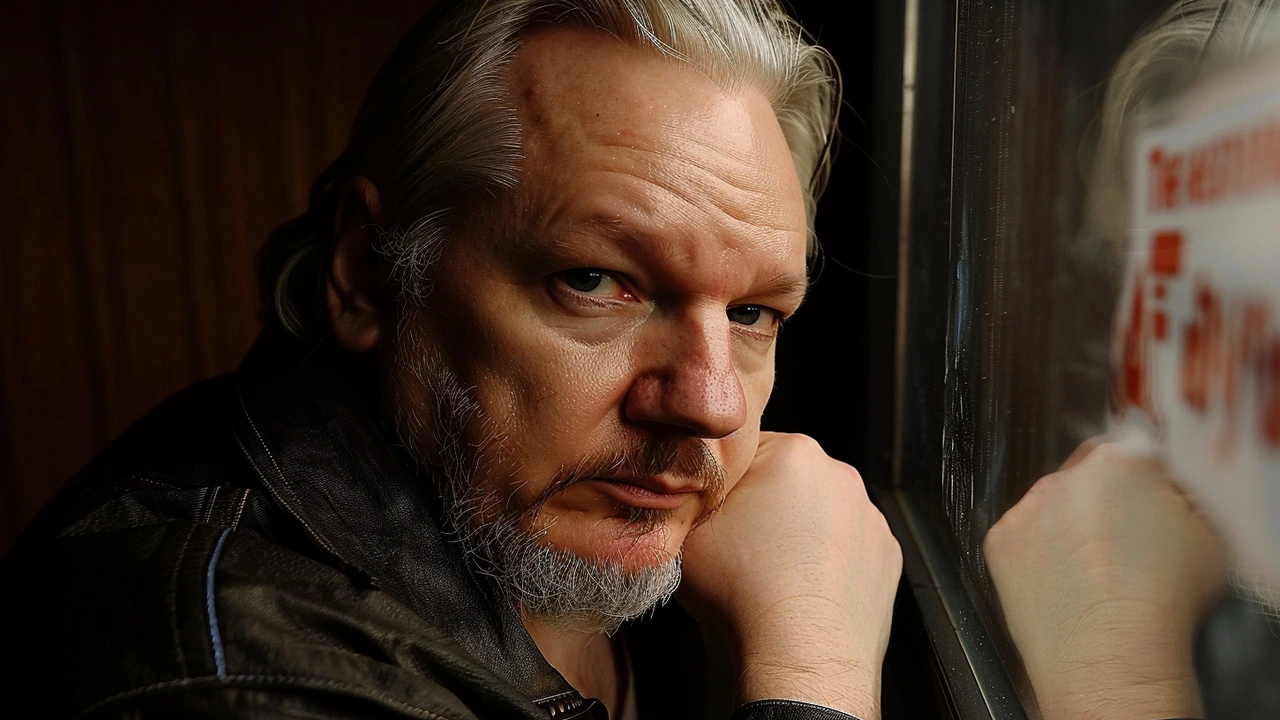WikiLeaks: What You Need to Know
WikiLeaks has become a name synonymous with exposing secrets and stirring public debates about government and corporate transparency. Since its rise, this platform has published classified documents and sensitive information that often shine a light on hidden activities. But what’s the big deal about WikiLeaks, and how does it affect everyday people? Let’s break it down.
At its core, WikiLeaks is a website that allows whistleblowers to share confidential information anonymously. By releasing these materials, it aims to hold powerful institutions accountable and promote openness. However, it’s not without controversy — governments argue that leaking classified info can threaten national security.
How Does WikiLeaks Work?
The process is surprisingly straightforward. Someone with access to secret files submits them to WikiLeaks securely. Then, the platform verifies the documents and decides whether publishing them serves the public interest. This approach has led to several high-profile leaks, including diplomatic cables and military reports.
One reason WikiLeaks made major headlines is because its leaks often reveal uncomfortable truths. They have documented abuses, corruption, and shady deals that were meant to stay hidden. For the public, it’s a chance to see what really goes on behind closed doors.
Where Does It Stand Today?
WikiLeaks still maintains a presence online, although it faces legal and political challenges worldwide. Its role sparks big questions about privacy, ethics, and the balance between security and transparency. Whether you see it as a champion of truth or a disruptor, its impact on journalism and activism is undeniable.
If you’re interested in stories that challenge the status quo or affect global politics and human rights, keeping an eye on WikiLeaks is worthwhile. It’s not just about leaks—it’s about how we think about information and power in today’s world.
Julian Assange Bound for Saipan: Legal Milestones and Potential Freedom Ahead
Julian Assange, founder of WikiLeaks, is heading to Saipan for a US court appearance after reaching a plea deal regarding his espionage charges. This agreement could lead to his eventual release and return to Australia. The hearing arrangement prioritizes Assange's reluctance to enter the continental US. His case has sparked global debate over freedom of information and national security.
Read More
